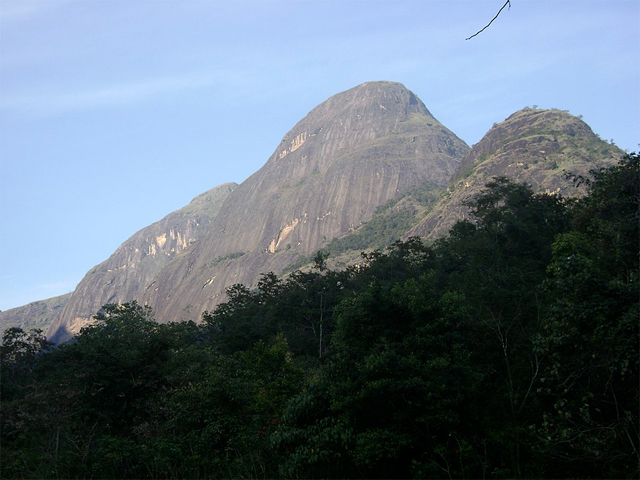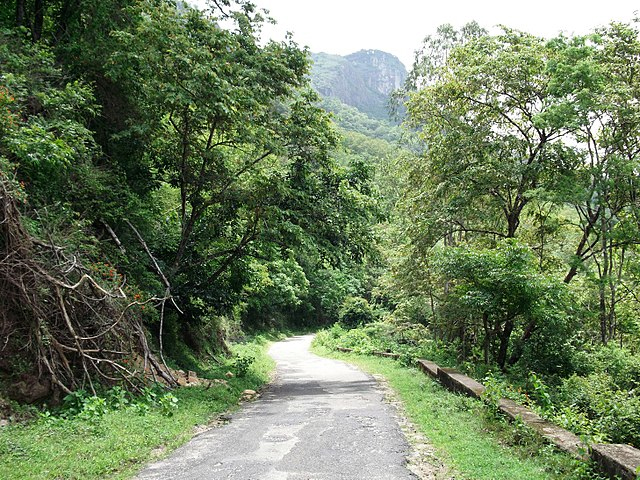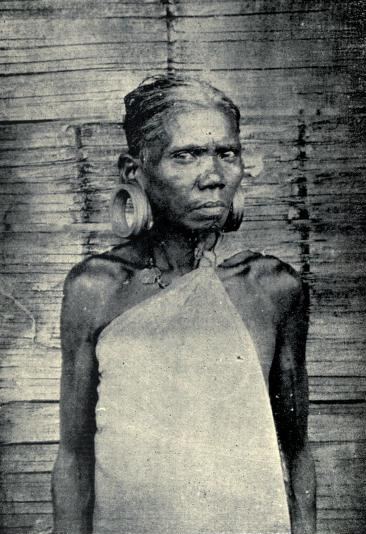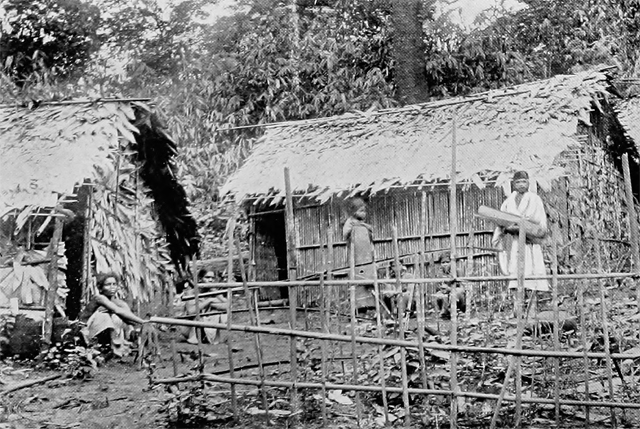A remote community of 23 Kadar families has been forced to abandon their traditional huts due to a landslide on August 11, but they are determined to remain in the forest anyway. On the other hand, the Forest Department does not want them to rebuild anywhere else in the mountains that they have lived in for generations.

The hassles for the Kadar community, located in the Anamalai Tiger Reserve in southwestern Tamil Nadu, began during torrential rains during the night of August 11. After the landslide destroyed their bamboo and dried grass huts, the 100 individuals living in the Kallar Kadar tribal settlement decided to move, still in the forest, to a nearby area that is more level, where they erected new huts. They are determined to remain in their familiar forest environment. If they can.
The Kallar Kadar settlement is located within the Manombolly forest range of the tiger reserve. The residents walk about six km through dense forest to reach Thaimudi, the nearest settlement outside the reserve. The town of Valpari is 25 km away.
The Forest Department, determined that they will not remain in their new location, asked them to leave. In the first of two news stories about the controversy, The Hindu reported that the affected Kadar are determined to continue to live in their traditional forest dwellings. “Our forefathers lived here inside the forest. We do not want to be relocated from the forest where we are accustomed to all conditions,” exclaimed Sivasankarai, one of the Kadar.
A young mother, Rajalakshmi, was even more emphatic in her comments to the reporter. “We moved to the new place only because the settlement was damaged in landslip. Those moved to the new huts include children, elders and pregnant women. We are not causing any harm to the wildlife. We will not be able to survive if shifted to any other place outside forest,” she told The Hindu.

The Kadar said that some representatives of their community had approached S.P. Velumani, the Minister for Municipal Administration for Tamil Nadu, on August 17. They submitted a petition to the official to be allowed to relocate to the new location in the forest and they had received his oral approval.
S. Thanraj, a tribal rights activist who had visited the Kadar community, told the reporter that despite that oral approval, no official order has come through. He said that the people in the new settlement had not eaten properly in over a week.
The paper also spoke with an official from the tiger reserve. He said that the government has set up a relief fund for the families affected by the landslide. However, the official added, the Kadar had refused an offer of land near the town of Valpari. They insist on staying in the forest.

The Hindu continued its coverage of developments the next day, August 20. The headline stated that the 23 families had in fact been moved, supposedly temporarily, to vacant buildings outside the forest that day and the temporary huts built by the Kadar in the forest were removed by the police and staff from the Forest Department.
About 90 Kadar, including pregnant women, children, and elderly people, were now housed in some unused quarters on a tea estate near Thaimudi. A tribal representative said that they had decided to obey the government’s orders.

But the effects on the Kadar of the move were dramatic, particularly since some of them, especially the elderly women, have almost never been outside the forest environment. Their huts in the forest are the only homes they have known. Thanraj said that a 70-year-old woman named Saroja fainted when she saw the police and forest staff members coming to move them on the 19th.
The news report explains that the provisions of the Forest Rights Act of 2006 have not been implemented in Tamil Nadu the same as they have been in Kerala on the western side of the Western Ghats mountain range. Kadar living in Kerala are protected by being listed as a Particularly Vulnerable Tribal Group, which gives them the rights to their traditional forest lands. Although the lands of the Kadar in Tamil Nadu have been surveyed, the people have not been granted titles by that state.
The District Collector, an elected administrator for the district, was planning to attend a meeting with the Kadar in Valparai on August 28 to discuss their issues.

The two news reports in The Hindu last week do not indicate whether this Kadar community is fully aware of the progress that their relatives to the west in Kerala have made in recent years, though it is safe to guess that they probably are. And perhaps they are inspired by the leadership and determination of the Kadar in Kerala to retain their rights—and their huts in the forests.
Almost all of the 45 news stories published in this website about the Kadar over the past 14 years have focused on their struggles to secure their rights to their forests in Kerala. An important theme in the early reports was the opposition by the Kadar in some villages along the Chalakkudy River to a proposed dam that would destroy their communities if it were ever to be built.
Their love for their forests came through very clearly in the various news stories published in India, which attracted the attention of some researchers who began employing these tribal people as research assistants because they are so familiar with the plants and wildlife of the Kerala mountains.
Their fame spread so much that a selected group of them got to meet Britain’s Prince Charles in 2013 and discuss with him their forest resources when he traveled up the Chalakkudy River as far as the Vazhachal Forest Reserve. The Vazhachal and, near it, the Parambikulam Tiger Reserve , are on the western side of the Western Ghats mountain range to the west of the Anamalai Tiger Reserve in Tamil Nadu that was featured in the news reports last week.
It will be fascinating to see if the Kadar in Tamil Nadu can fare as well as the ones in Kerala have. From the two Hindu reports, they appear to be determined to get what they want as soon as possible: secure lives in the forest.